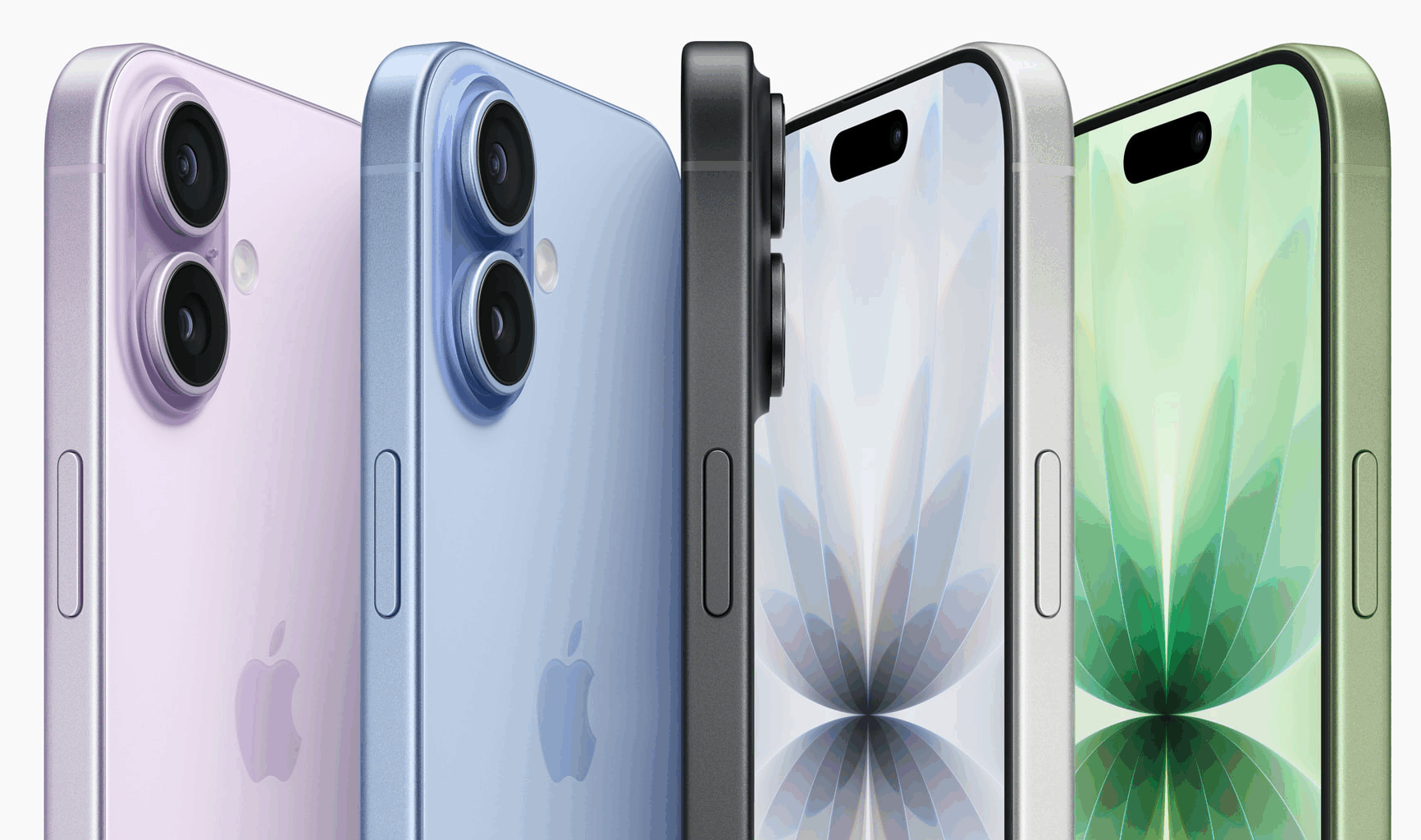Apple CEO Tim Cook on Tuesday (Sept. 9) called it “the biggest leap ever” for iPhone, but it happened without AI.
Apple’s iPhone 17 launch leaned on hardware and chip performance, with artificial intelligence (AI) playing only a secondary role. Apple executives offered only passing mentions of Apple Intelligence, a shift from last year’s iPhone 16 debut where AI dominated before delays tempered expectations.
Features for the new iPhones were framed as AI enablers. The new iPhone 17 Pro introduces a forged aluminum unibody, replacing the titanium used in earlier Pro devices. Apple said the switch makes the phone lighter and improves heat dissipation with a redesigned vapor chamber cooling system that enables the Pro models to maintain performance during extended gaming and AI workloads.
The big change is the A19 Pro chip, which brings neural accelerators to each GPU core and expands cache memory for faster operations. Apple executives said the processor delivers “MacBook Pro-level compute in an iPhone,” tripling GPU performance over the A18 Pro. The company added that the chip can run large language models locally and provides up to 40% better sustained performance than the iPhone 16.
Other AI features were not presented as breakthroughs. Apple pointed to tools such as live translation in Messages and FaceTime and visual recognition in Photos, many of which were first previewed in June.
In earlier coverage, PYMNTS has noted that Google and Samsung have moved faster to make generative AI central to their smartphone strategies. Instead, Apple spotlighted how AI underpins background functions across its devices. AirPods Pro 3 now offer live translation via simple gestures and new fitness features trained on 50 million hours of health data from more than 250,000 participants.
On the Apple Watch Series 11, health lead Sumbul Desai said the new hypertension monitoring tool could notify more than 1 million people with undiagnosed high blood pressure in the first year, pending FDA clearance.
The restrained framing underscores Apple’s cautious approach to consumer-facing AI. PYMNTS has reported that investors are pressing for clearer AI plans, with concerns that Apple risks losing ground to rivals that market AI more aggressively. At the same time, Apple is weighing larger investments and structural changes to catch up. Cook used an all-hands meeting earlier this year to stress the company’s confidence in its long-term roadmap.
The message seems clear: Apple intends to build AI differently, leaning on privacy, integration and efficiency while keeping it in the background, and betting that durability and steady performance will matter more to consumers than assistant features.

